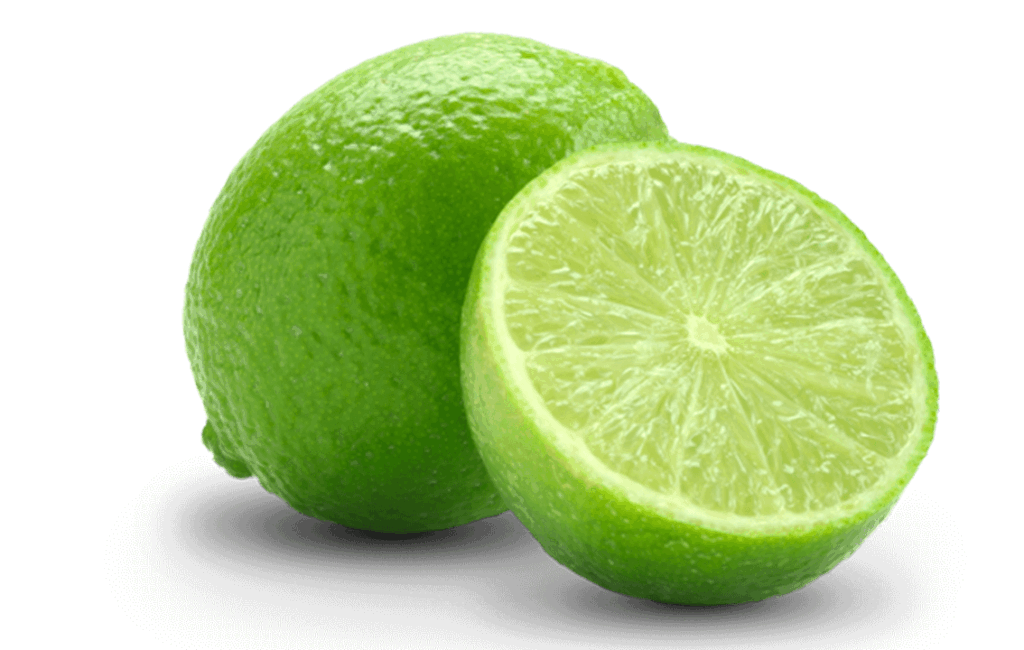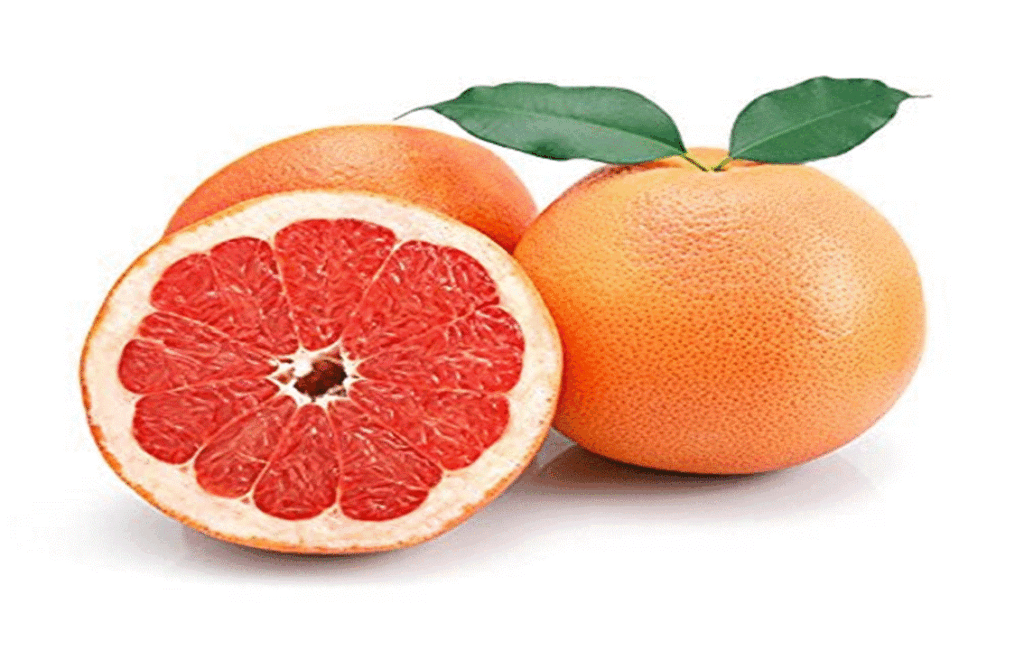PRODUCED ON THE ISLAND SINCE ANCIENT TIMES
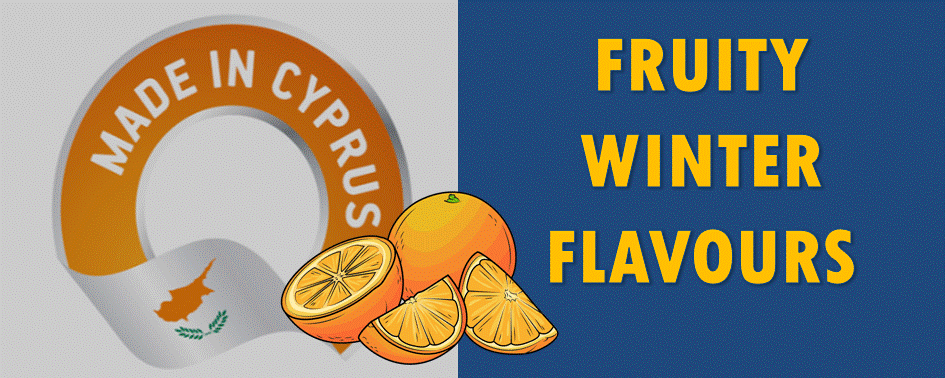
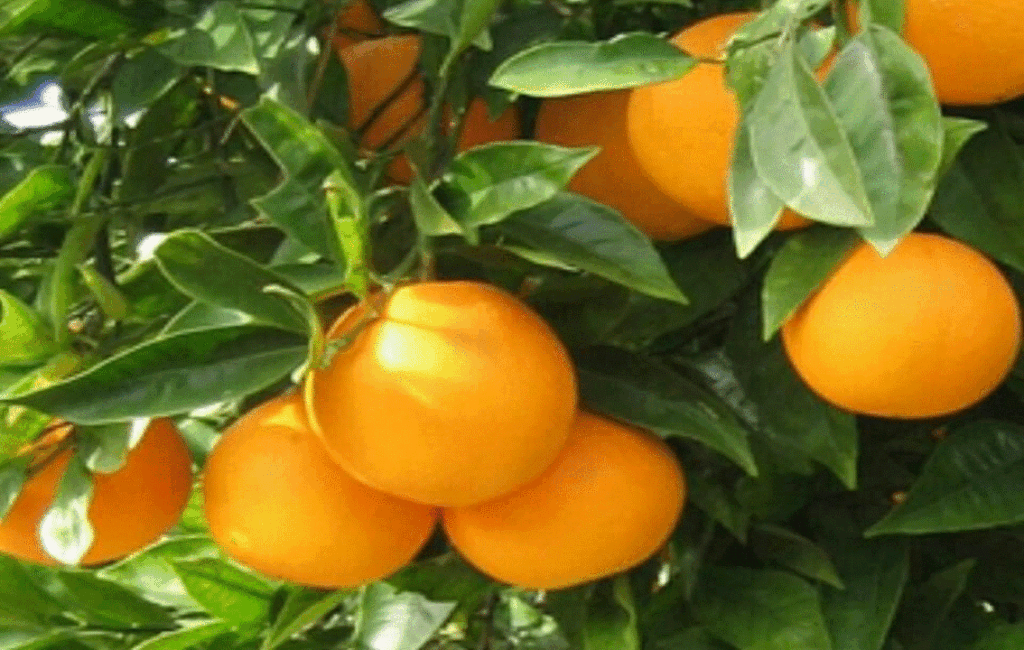
A MOST SIGNIFICANT PRODUCT
Historically, the cultivation of various citrus fruits has significantly enhanced overall food security on the island, particularly during the winter months. Additionally, the industry centred on the cultivation of these fruits has been lucrative for the island’s economy throughout the ages. As a result, the constant stream of produce provided by these fruits, along with the products derived from them, has constantly helped to stabilise the Cypriot economy.
A FAVOURABLE CLIMATE
Today, the island offers a full range of citrus fruits. The favourable climate, characterised by warm summers and mild winters, combined with the exceptionally fertile soil, has made Cyprus an ideal location for the cultivation of a full range of these fruits. Although not as critical as in the past, citrus-based products remain at the forefront of the island’s agricultural products. The full range includes a good variety of oranges, mandarins, clementines, lemons, limes and grapefruits, which provides a harvest from early October all the way through to late June.
THE FIRST ARRIVALS
The history of citrus cultivation in Cyprus dates back centuries. Originating from Asia, some citrus fruits were likely introduced to Cyprus through multiple trade routes that have existed since antiquity. Lemon and orange, along with some varieties of mandarins and clementines, are thought to be the first arrivals from Asia. Their gradual integration into the local agricultural landscape at the time probably led to other citrus fruits arriving later on the island.
DATING BACK CENTURIES
Several other varieties of citrus fruit gained prominence during the Roman era. Indeed, the earliest mentions of citrus cultivation on the island are referred to in texts from the Roman period. Evidence also suggests that the nobility, during the medieval period, cultivated extensive citrus orchards across the island. Much of their produce was exported, creating a burgeoning citrus trade. The continued cultivation and improvement of various citrus varieties became a point of pride during this time.
VENETIAN TRADE
During the late 15th century, the Republic of Venice took control of Cyprus. They were essentially a trading empire, and this meant that they successfully expanded the trade of various products on the island, which included the export of citrus fruits. The Venetians had not only the means but also the resources to supply these new markets with the fruits. The citrus industry expanded rapidly under their stewardship after new destinations for the fruit, mainly in Northern Europe, were identified.
BRITSH INFRASTRUCTURE
Cyprus thereafter continued to hold up its reputation for high-quality products made essentially from citrus fruits. Both oranges and lemons, in particular, were revered during the British colonial period. MARMALADE made from Cypriot oranges became a new favourite staple for the British, who, on their part, also played a crucial role in modernising the agricultural sector on the island. The establishment of significant infrastructure projects, such as new roads, railroads and ports, enhanced the export potential of all of the island’s citrus products.
SWEET & JUICY
Cyprus has, over the years, helped to develop citrus fruits further. It has successfully introduced hybrid versions of several citrus products after extensive agricultural collaboration. The island’s citrus fruits have managed to retain some of their unique characteristics along with enhanced flavour and appearance. The new hybrid versions of the fruit are much more resilient and reliably sweeter. This has created new markets and has given Cypriot citrus fruit a new, unique identity.
TODAY’S CITRUS FRUIT CULTIVATION
Today, the cultivation of citrus fruits in Cyprus is characterised by both traditional and modern agricultural practices. The island’s producers typically invest in high-quality planting materials but maintain traditional environmental techniques. Organic pest control, as well as effective modern irrigation techniques, ensure healthy crops. Land preparation usually begins with soil testing, and amendments are made to achieve optimal conditions for growth. Depending on the variety, trees are re-planted in early spring or late autumn and watering, pruning, and fertilisation continue throughout the year.
A SIGNIFICANT CONTRIBUTION
Citrus fruits significantly contribute to the Cypriot economy, and local consumption as well as international exports increase year on year. The island’s citrus industry also provides employment opportunities for several people, particularly in rural areas where orchards tend to be concentrated.
THE CITRUS FRUIT HARVEST
Although the harvesting season varies by fruit type, most fruits are ready for harvest from late winter to early spring. The majority of these fruits are still picked by hand across the island. This is done to avoid damage and to maintain quality control. As well as allowing for minimal pest and disease pressure, the island’s favourable Mediterranean climate tends to aid these processes, and this is one of the main reasons why citrus growers constantly maintain high-quality yields. With this in mind, several citrus growers also adhere to sustainable practices to minimise their environmental impact.
AN IMPORTANT EXPORT
Cyprus’s optimal growing conditions and dedication to quality have earned its citrus fruits a favourable reputation throughout global markets. The United Kingdom, along with the European Union, remain as the primary export destination for most Cypriot citrus fruits.
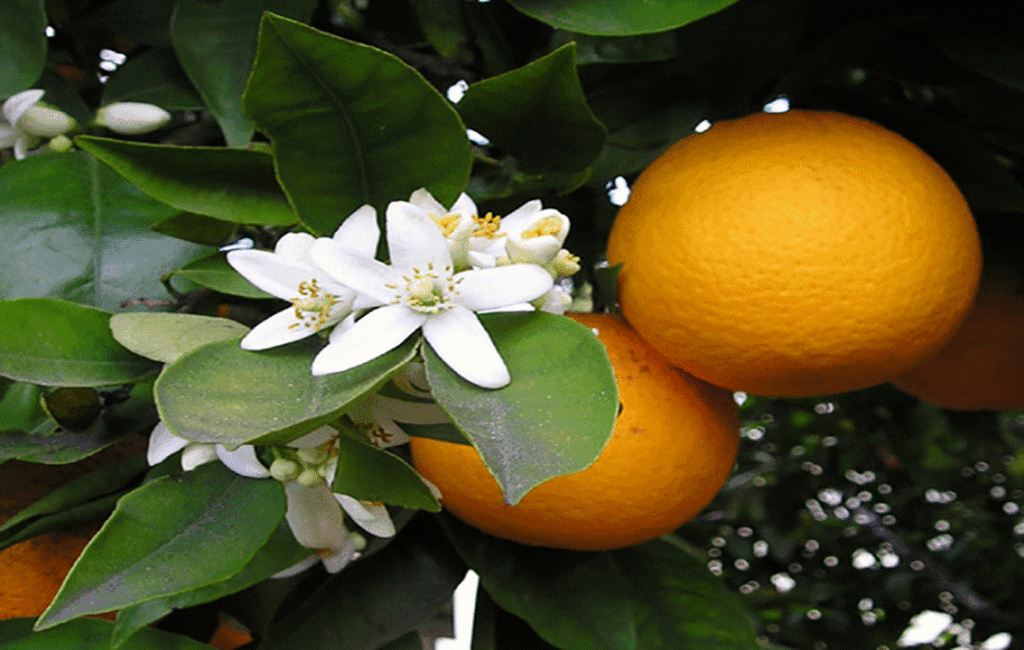
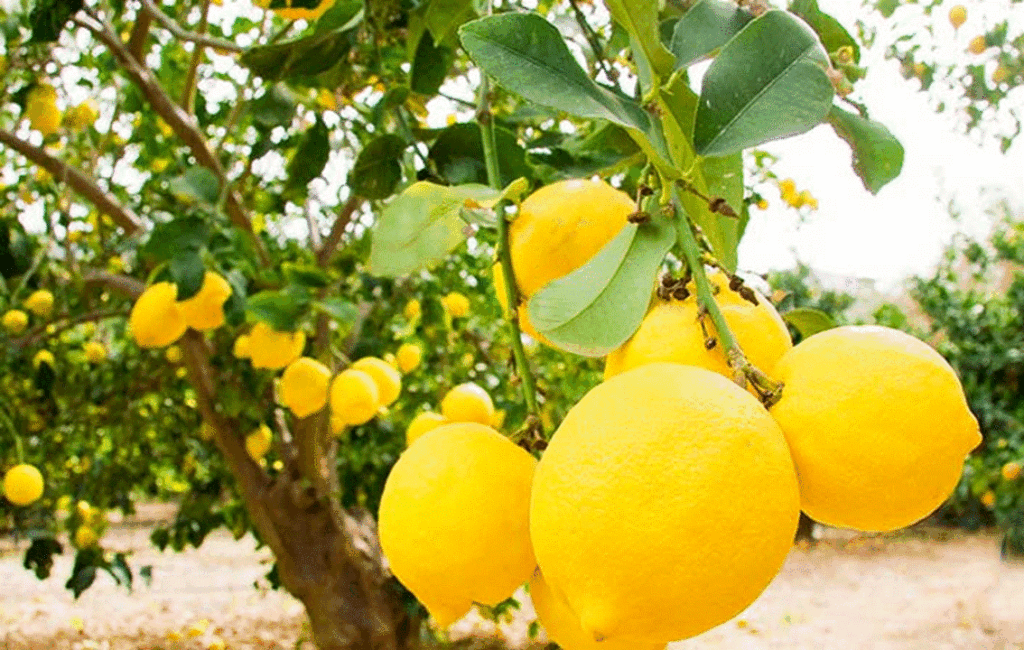
A CITRUS LEGACY
AN INDUSTRY LEADER
The citrus fruit industry on the island remains not only integral but vastly important to the island’s economy and culture. It has played a pivotal role in the agricultural history and economic development of the island.
FAVOURABLE CONDITIONS
Favourable climatic conditions combined with a rich historical context and dedication to quality cultivation practices have established Cyprus as a reputable producer of various citrus fruits. This has allowed the island to gain a reputable standing for citrus fruit production globally.
TECHNOLOGICAL ADVANCEMENTS
Technology and improvements in transportation have also facilitated the expansion of the industry. Citrus fruit exports from Cyprus to all over the world continue to expand and grow.
HOSPITALITY & PROSPERITY
From the sweet oranges and tangy lemons to the refreshing grapefruits, these fruits are not only essential to local diets but also serve as cultural icons of hospitality and prosperity. Cyprus continues to evolve within the global agricultural landscape, and its citrus fruits will undoubtedly remain a cherished legacy forever intertwined with the island’s identity.
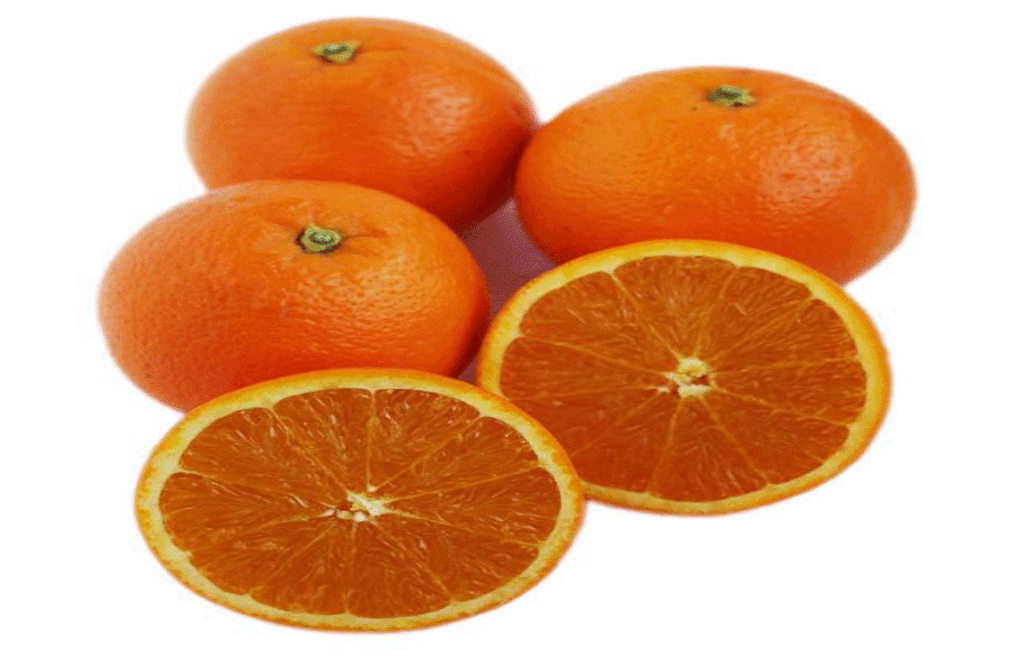
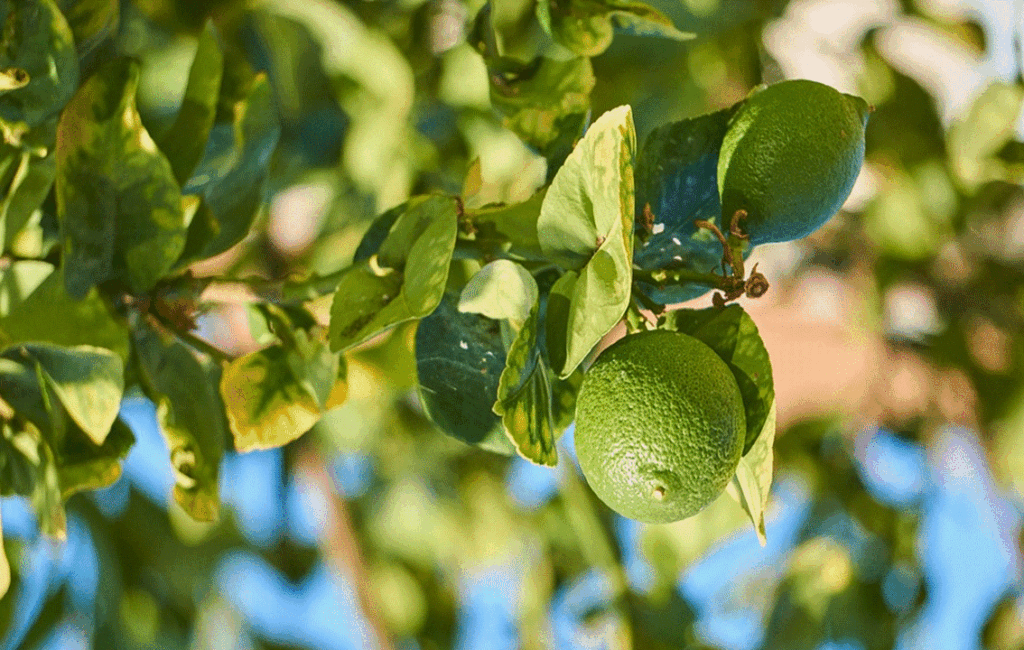
Interesting facts!
ANCIENT REMEDIES
In ancient times, citrus fruits were used to make several medicinal concoctions. They were also used as a popular natural remedy for colds and sore throats. The juice from citrus fruit was also used as a natural cleaning agent.
UNIQUE VARIETIES
Cyprus is home to some unique hybrid varieties of citrus fruits. The island’s unique climate and soil gives these fruits their distinct flavour. The famed ‘Cyprus Orange,’ which has received ‘Protected Designation of Origin’ status, ensuring its authenticity and quality, is one such fruit. This unique orange is renowned for its bright, vibrant colour and exceptional sweetness. The variety of different citrus fruits produced on the island also provides several options for different tastes. Citrus fruits are used in several salads, desserts, marinades, and beverages, making them a versatile, highly filling and satisfying ingredient.
A SYMBOL OF HOSPITALITY
Citrus fruits make up the main winter harvest on the island. In Cypriot culture, citrus fruits are often seen as symbols of hospitality. It is common for Cypriots to offer guests freshly squeezed citrus juice as part of a welcome. The ‘Limassol Carnival’ as well as other local festivals, often feature citrus-themed events. These events often showcase the significance of these fruits within Cypriot cultnue.
NUTRITIONAL BENEFITS
Citrus fruits are rich in vitamins, particularly vitamin C. This boosts the immune system and promotes skin health. They also contain various antioxidants and nutrients, and they have a high water content, so they help to keep the body hydrated during hot summers. Citrus fruits overall have fewer calories than many other fruits, making them a perfect supplement for most diets.
HEALTH BENEFITS
Citrus fruits provide a good source of fibre that aids digestion and helps maintain a healthy gut. Certain citrus fruits also contain flavonoids and other antioxidants that can help reduce inflammation and lower the risk of chronic diseases. Some citrus fruits contain several nutrients that may improve heart health, whilst others contain nutrients that may help lower the risk of kidney stones and help to protect the brain against neurodegenerative diseases. These fruits also offer several compelling health benefits and form an essential component of a healthy, balanced diet.
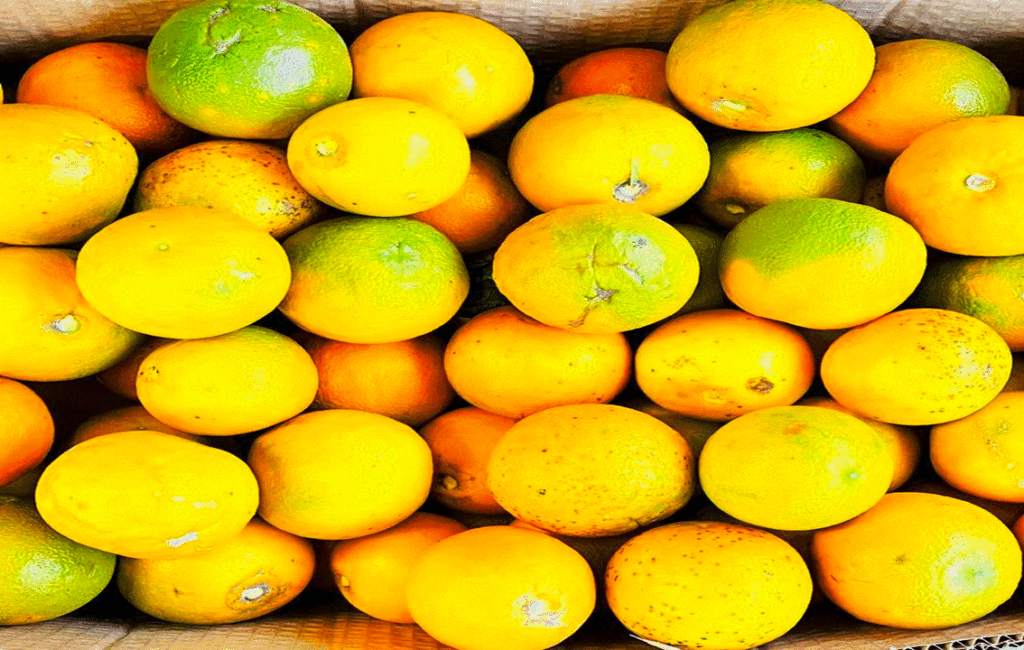
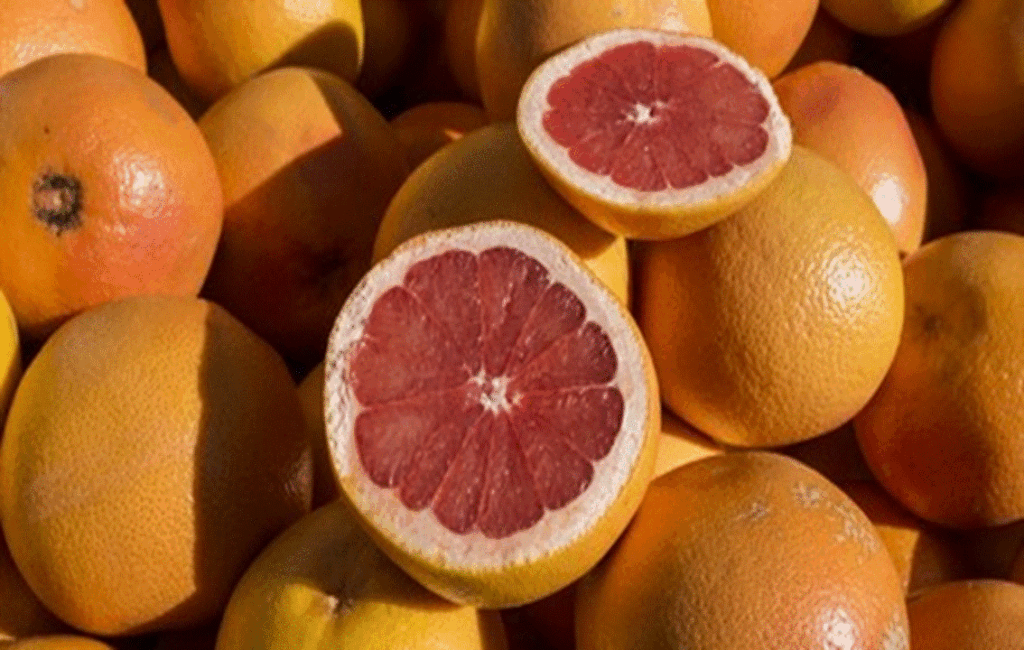
CITRUS FRUITS FORM THE MAIN WINTER HARVEST OF CYPRUS
Citrus fruits facts:
- All citrus fruits are packed with several beneficial vitamins and plant compounds and are a great source of fibre.
- Certain citrus fruits may protect the brain and help prevent neurodegenerative diseases.
- Some citrus fruits contain nutrients that improve heart health.
- Citrus fruits may lower the risk of kidney stones.
- Citrus fruits are filling and satisfying, and have fewer calories than many other fruits.
CYPRUS OFFERS AN IMPRESSIVE ARRAY OF CITRUS FRUITS
Cyprus produces an impressive variety of citrus fruits:
- Mandarins
- Oranges
- Lemons
- Grapefruits
- Pomelos
- Kumquats
Oranges: The reputation earned by Cyprus for its high-quality oranges reflects decades of experience with the crop. The main varieties grown are Navel, Oval and Valencia Late. These oranges are widespread and are readily found in local markets and shops. Their abundance contributes to their popularity across the island. The often sweet and juicy oranges, particularly the Valencia variety, are generally consumed fresh or processed for their juice. In addition to these there are also new hybrid oranges that are now available across the island.
Grapefruits: The island cultivates both pink and white grapefruit varieties. both are valued for their refreshing taste and nutritional benefits. Grapefruits are mainly consumed as part of a wider breakfast across the island, and they are extensively used in several drinks and cocktails. Whilst the export of the Cyprus grapefruit is not as widespread as other Cypriot citrus fruits, it is becoming increasingly popular.
Lemons and Limes: The Island is highly regarded for its high-quality lemons. They are a main export, enhancing the island’s agricultural economy. Cyprus lemons along with limes, have also become essential for local cuisine. They are used in most drinks, as well as traditional dishes and local desserts. Although their cultivation is less extensive than other citrus fruits, limes are increasingly gaining popularity on the island, primarily for culinary uses and cocktails.
Mandarins: Cyprus mainly grows the Mediterranean variety of mandarin. This variety has gone on to prove popular due to its easy-to-peel skin and sweet flavour. These mandarins are not only enjoyed fresh, but they are also used in salads, desserts, and they are used to make several different juices.
